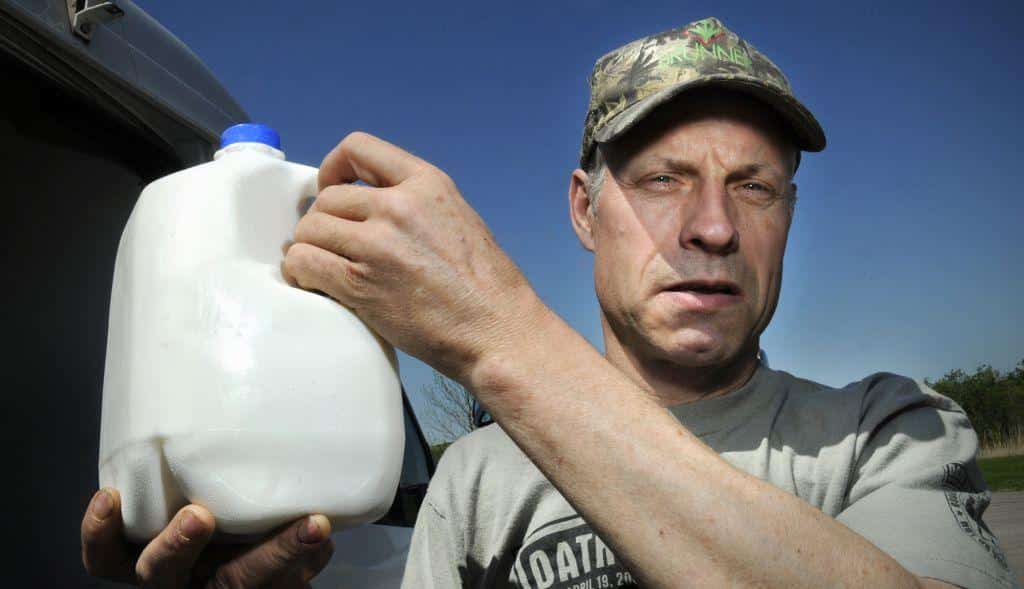The world would be better off
if people tried to become better.
And people would become better
if they stopped trying to be better off…
–Peter Maurin, The Case For Utopia
We live in a society that constantly urges us to get ahead, to better ourselves, to become better off—better off than we are now, and better off than the people around us. However much we have, we tend to believe that we’d be happy and successful if we had just a little more. Technological progress and economic growth have made it easier and easier for us to pursue this dream, to accumulate stuff and money and credentials and…
Some individuals can succeed at this game for a little while. But the race for individual advantage and material ‘betterment’ is destructive to the community as a whole, and eventually to each individual within it. The economy driven by ‘need creation’ and overconsumption wastes scarce and precious resources and dumps toxins into the environment, making it harder and harder for the earth to produce what we need. The push for individual gain weakens the bonds of community, leaving us lonely, fearful and insecure. The attempt to hoard up resources or prestige for ourselves undermines trust in God and love for our neighbors, alienating us from our spiritual roots.
We can choose to step back from the attempt to be better off and try instead to become better. We can be content with a simple standard of living. We can give freely as we have freely received. We can strive daily actually to love our neighbors as ourselves, both in our direct interactions with them and in our use of the world we share.
At first this may look like failure. It’s not glamorous. It doesn’t promise earthly security. But it brings us back into inward integrity, right relationship with our neighbors, and communion with God. And it keeps alive the possibility of a just and sustainable human life on this earth, a life in which all of us, now and in the generations to come, may be both better and better off.



 The world would be better off
The world would be better off






